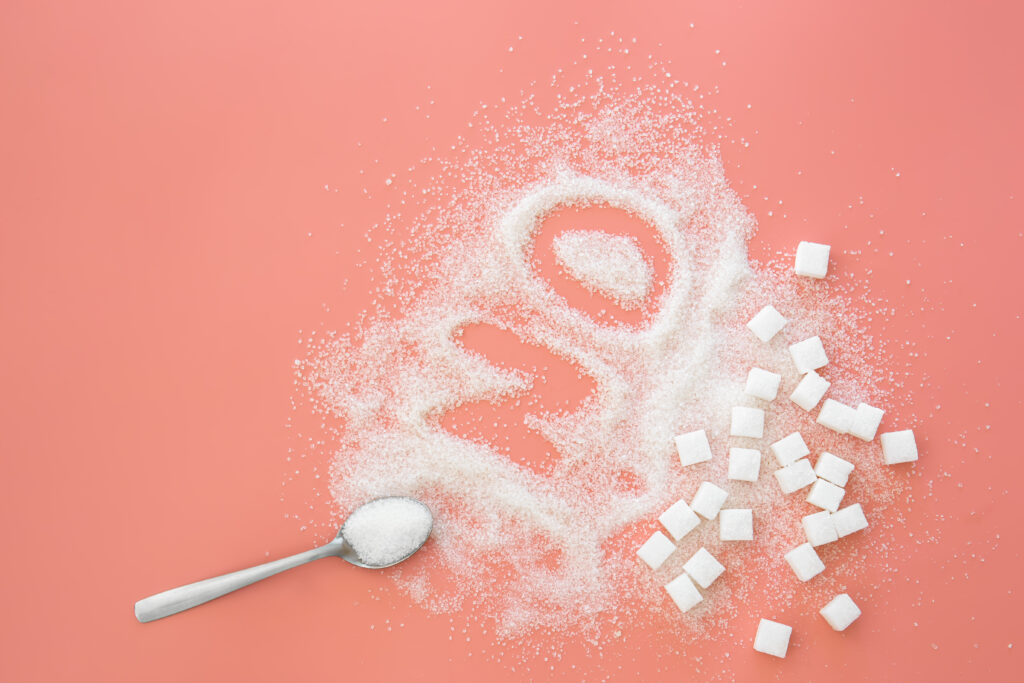Why Sugar Bad For Babies: 11 Reasons
It’s critical to comprehend why sugar should be excluded from a baby’s diet in a society where sugar-filled products are widely accessible and frequently marketed towards young people. Sugar presents a number of threats to your child’s development, ranging from dental problems to long-term health hazards. This blog post explains why sugar is bad for babies and offers helpful advice on how to avoid it as well as ways to give them the best start in life.
Why Sugar Bad For Babies: 11 Reasons
Why is sugar bad for babies? Understanding the risks is crucial for your child’s health. Excess sugar can lead to tooth decay, obesity, and poor nutrition. Learn the top 11 reasons to avoid sugar in your baby’s diet to ensure their healthy growth and development
1. Dental Health Issues
One of the most immediate and visible effects of sugar consumption in babies is on their dental health. Even though babies might not have all their teeth yet, introducing sugar can lead to early tooth decay and cavities.
2. Weakened Immunity
Trillions of beneficial bacteria make up the body’s microbiome, which aids in vitamin production, food digestion, and defense against pathogens and illness. But too much sugar can upset the delicate balance between good and harmful bacteria in children’s bodies, killing the healthy bacteria that defend us and weakening our immune system.
3. Increased Sugar-Related Allergies
There has been a noticeable increase in children’s allergies, colds, and coughs in recent years. Overindulgence in sugar-filled beverages, sweets, and chocolates can result in common allergies or symptoms similar to colds. Although these symptoms resemble illnesses, they are primarily brought on by eating too much sugar.
4. Leads to Obesity in Childhood
There is a strong correlation between childhood obesity and heavy sugar consumption, according to recent studies. Sugar has an impact on hormones and the brain, which can lead to addiction and a loss of control over eating habits in kids, which eventually results in weight gain.
5. Leads to Addiction
“Sugar is the new tobacco,” according to professors of clinical epidemiology at the University of Liverpool in the UK, and they are urging businesses to stop marketing sugary drinks and snacks to kids. Like other addictive substances, sugar causes the brain’s reward center to release large amounts of dopamine, which in turn causes cravings and increases intake.
6. Leads to Learning Difficulties
Hormonal abnormalities might result from eating too much sugar. According to a UCLA study, eating a high-fructose diet, especially one that includes high-fructose corn syrup (HFCS), can make it harder to learn and recall things. Fruit beverages, soda, sweetened cereals, and other products contain HFCS.
7. Loss of Appetite
Children with sugar addiction have a greater desire for sugary foods, which lessens their attraction to the natural flavors of fruits, vegetables, and home-cooked meals. As a result, people eat fewer nutrient-dense meals and more junk food, which is deficient in vital nutrients needed for growth.
8. The Chance of Insulin Resistance or Type 2 Diabetes
One of the main hormones in the body is insulin. Consuming extra sugar causes the body to burn glucose rather than fat by raising insulin levels. Insulin resistance, a condition where the body requires more insulin to operate normally, is brought on by persistently high blood glucose levels, which are toxic and tax the pancreas.
9. Nutritional Deficiencies
Sugar can displace more nutritious foods in a baby’s diet, leading to potential nutritional deficiencies. This can affect their growth and overall health.
10. Impact on Developing Taste Preferences
Introducing sugar early on can shape a baby’s taste preferences, leading them to favor sweet foods over healthier options. This can set the stage for unhealthy eating habits later in life.
11. Behavioral Issues
There is some evidence to suggest that high sugar intake can affect a baby’s behavior and cognitive development, potentially leading to hyperactivity and mood swings.
Practical Tips for Avoiding Sugar in Your Baby’s Diet
Here are some tips for you to ensure a sugar free diet for your child.
1. Read the food label carefully. Look for terms like high-fructose corn syrup, glucose, sucrose, and other names for sugar on ingredient lists.
2. Instead of reaching for sugary snacks, provide your baby with natural, nutritious alternatives.
3. Give them fresh fruits and vegetables as they are naturally sweet and packed with essential nutrients.
4. Prepare homemade purees using fresh ingredients to control what goes into your baby’s food.
5. Skip fruit juices and sodas, offering water instead.
6. If your baby is already accustomed to sugary foods, gradually reduce their sugar intake to make the transition smoother.
7. Children often mimic their parents’ eating habits, so setting a good example can encourage healthy eating. So, Adopt a healthy diet yourself.
Conclusion
Avoiding sugar in your infant’s diet is crucial for their overall health and development. From preventing dental issues to reducing the risk of obesity and chronic diseases, the benefits of a sugar-free diet for infants are clear. By offering natural alternatives, reading labels carefully, and setting a good example, you can ensure your infant receives the healthiest start in life. Remember, the choices you make today can have a lasting impact on your child’s future health and well-being.
